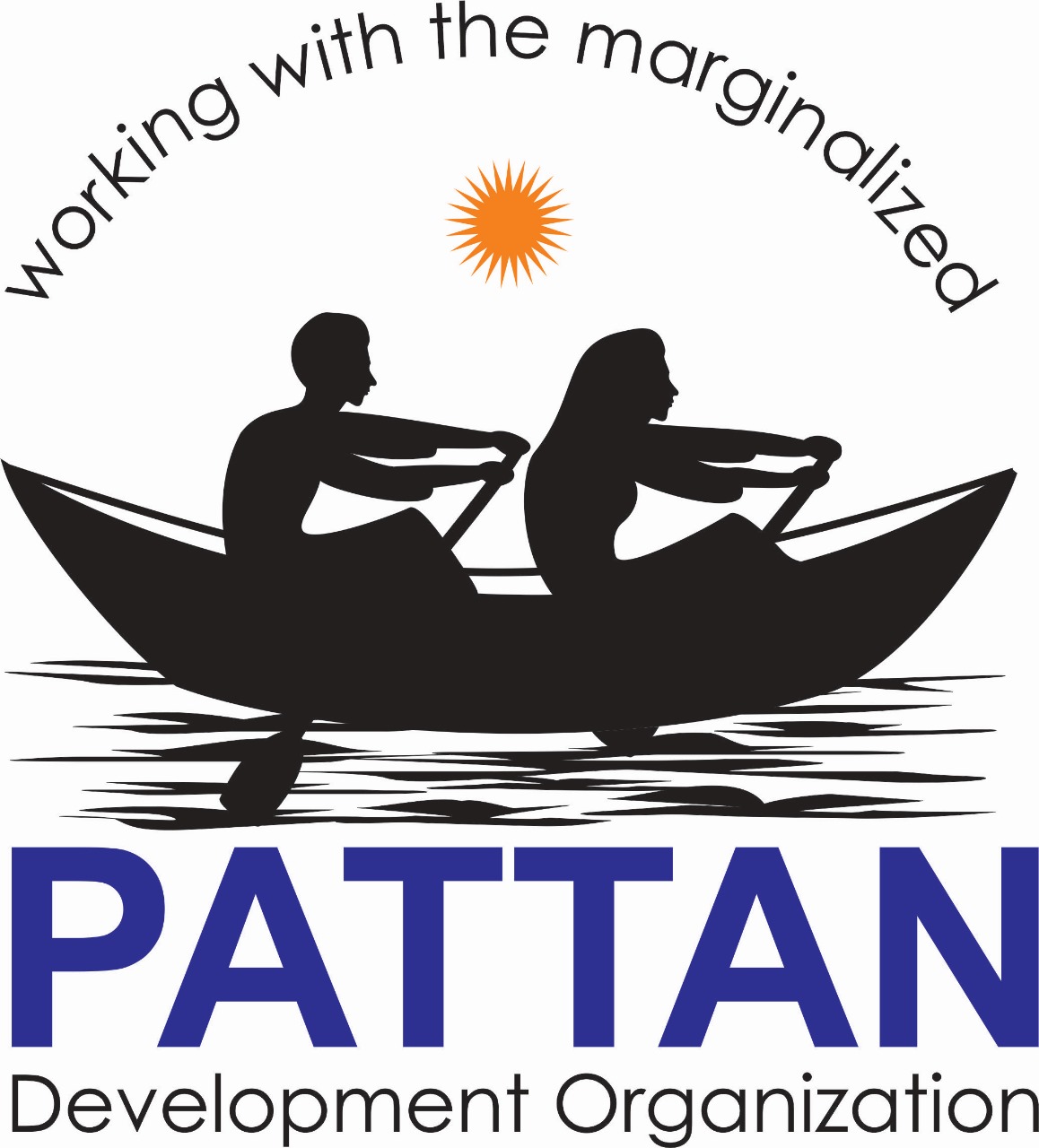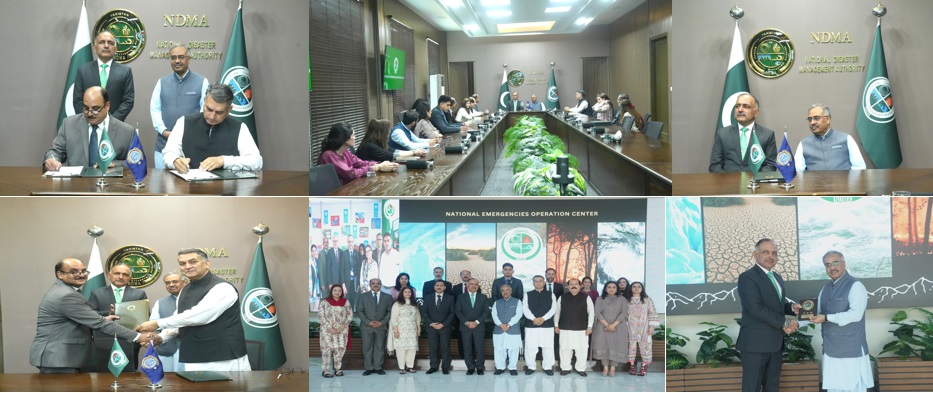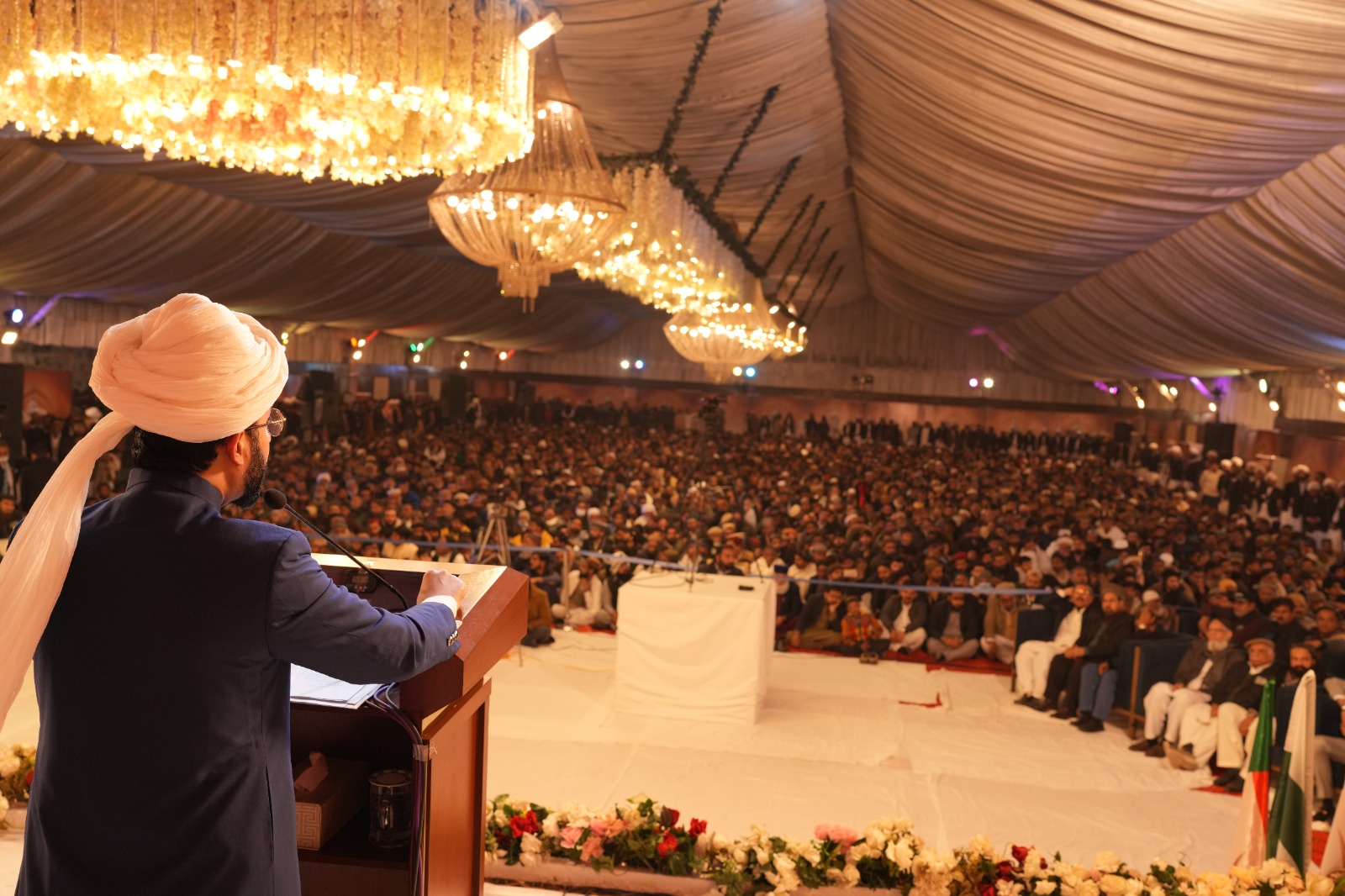Development Dynamics of Balochistan
Shafqat Aziz shafqataziz1@gmail.com
The recent discussions between Prime Minister Shahbaz Sharif, Chief Minister Sarfraz Ahmad Bugti, and the provincial cabinet members regarding Balochistan’s development are a promising step towards addressing the long-standing issues of the province. However, to achieve tangible progress, it is imperative to delve into the development dynamics of Balochistan comprehensively.Balochistan, the largest province in Pakistan by area, has historically lagged in development compared to other regions. This disparity is due to several factors including geographical challenges, political instability, and systemic inefficiencies. Addressing these issues requires a multi-faceted approach that goes beyond mere discussions and paper-based projects. The role of the public sector is crucial in this context. Effective governance, transparency, and accountability are essential to ensure that the allocated funds are utilized properly. The public sector needs to focus on building robust institutions that can deliver basic services such as education, healthcare, and infrastructure efficiently. This includes not only allocating resources but also monitoring their implementation to prevent pilferage and leakage of funds.The development sector also has a significant role to play in Balochistan’s progress. Non-governmental organizations (NGOs) and international development agencies can provide valuable expertise, funding, and innovative solutions to address the province’s unique challenges. Collaboration between the government and development sector can lead to more sustainable and impactful interventions. However, this partnership must be built on transparency and mutual accountability to ensure that the funds are used for their intended purposes.One of the major issues in Balochistan is the rampant pilferage and leakage of funds allocated for critical sectors such as education and health. Huge sums of money are often diverted or misappropriated, leading to substandard services and unmet needs. This corruption not only hampers development but also erodes public trust in government institutions. Stringent measures need to be implemented to curb these practices, including regular audits, strict enforcement of anti-corruption laws, and empowering oversight bodies to take action against those involved in such malpractices.Another area of concern is the funds allocated for climate change resilience building and women empowerment. While these initiatives are crucial for the sustainable development of Balochistan, there is often a gap between the funds allocated on paper and their actual utilization on the ground. Projects are frequently announced and funds disbursed, but the impact remains negligible due to poor planning, lack of expertise, and weak monitoring mechanisms. It is essential to bring these expenditures in check and ensure that they are directed towards projects that have a real impact on the lives of the people.Rationalizing spending is another critical aspect of Balochistan’s development dynamics. This involves prioritizing projects that offer the highest social and economic returns and ensuring that resources are allocated efficiently. It also means bringing the right people to the right places—individuals with the expertise, integrity, and commitment to drive the province’s development agenda forward. Breaking old self-serving interest groups and fostering a culture of meritocracy and accountability can significantly enhance the effectiveness of development initiatives.In conclusion, while the discussions between the Prime Minister and the provincial leadership are a positive step, real change in Balochistan will only come through a deep understanding of its development dynamics. This includes addressing systemic issues in the public sector, fostering collaboration with the development sector, curbing corruption, ensuring effective utilization of funds, and rationalizing spending. By bringing the right people into key positions and dismantling entrenched interest groups, Balochistan can move towards a path of sustainable and inclusive development.• Shafqat Aziz is an Islamabad based Development Communication & Policy Advocacy Specialist and can be reached at




